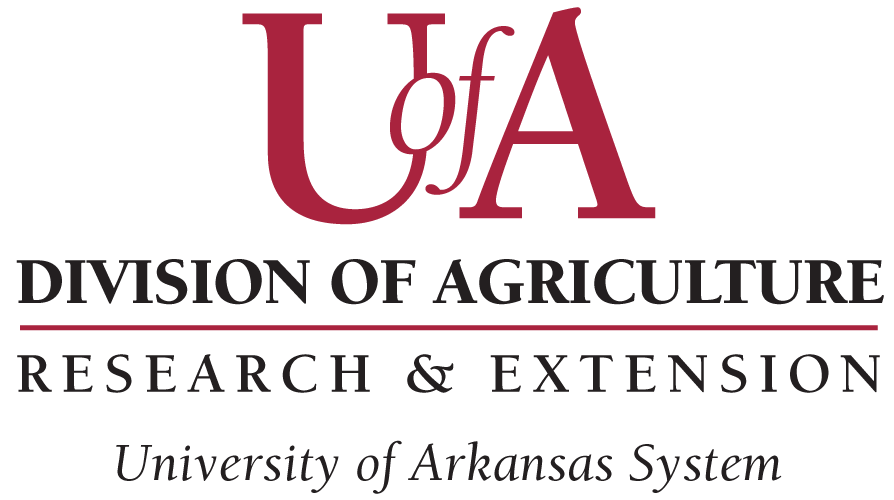Department of Biological & Agricultural Engineering
203 Engineering Hall
1 University of Arkansas
Fayetteville, AR 72701
Phone: (479) 575-2352
Fax: (479) 575-2846

Research
The Biological and Agricultural Engineering research program is engaged in designing
a sustainable future through innovation in interdisciplinary research in water, food
and energy systems.
-
Water systems include: watershed ecosystem services, stream bank, lake, and reservoir restoration and management, ecological engineering design, water resources, water quality and non-point source pollution management, watershed modeling and monitoring, irrigation technologies, water management at watershed and ecosystems scales, metrics for sustainable water management, and low-impact development.
-
Food Systems include: food safety, bio-sensing technology, food and bio-processing, bio-products utilization, microbial risk assessment, antimicrobial technologies, nano-biotechnology, bio/abio interfacing, phytochemical extraction, and bio-driven nanostructures.
-
Energy systems include: biomass production and post-harvest engineering, energy use at farm level, bio-refineries, thermo-chemical conversion of biomass and by-products, extraction of co-products, pretreatment of feed stock, farm-scale thermochemical reactors, bio-conversion and bio-processing, bio-products, equipment, poultry/animal housing energy efficiency, and energy effectiveness analysis.
The Department of Biological and Agricultural Engineering conducts research on problems of importance to Arkansas and the entire nation.
Research areas of the Biological and Agricultural Engineering Department
-
Agricultural and Food Engineering: Faculty in this area are developing more efficient and sustainable ways to produce food for a growing population. They are investigating ways to improve practices in several agricultural industries, including on-farm grain drying for transportation costs reduction, on-farm utilization of agricultural residues for biofuel and bioenergy production, space-heating poultry houses using renewable fuels, aerial emissions and mitigation from poultry housing, indoor air quality and environmental control, risk assessment of microbial hazards in poultry and food processing, predictive models of pathogenic bacteria in food products, value-added products production from agricultural renewable resources for bio-energy and chemicals, production of algae as a biofuel feedstock, livestock and poultry manure management, and applications of site-specific and geospatial technologies in food production systems.
- Biotechnology Engineering: Faculty in this area design systems utilizing engineering tools with life sciences. Examples of biotechnology engineering include biosensors and bioinstrumentation for foodborne pathogens, avian influenza in poultry and food safety. Bio-nanotechnology for DNA-computing, nano-building block toolboxes (nano-toolboxes) for multifunctional nanocomposites with “customizable” shapes and functions, nano-therapeutics and diagnostics (nanotheranostics) with nanoparticles and nanocomposites, multimodal, multiplex, multicolor bio-detection platform for agriculture, food safety and biosecurity, bio-driven nanostructure self-assembly, nanoscale bio/abio interfacing technology, and nucleic acid technology for molecular computation, genomics and proteomics.
- Ecological Engineering and Water Resources: Faculty in this area combine the science of ecology with the practice of engineering to solve complex ecosystem problems. These solutions include designing systems to restore lakes, disinfect water, remove nutrients and contaminants, repair eutrophic reservoirs, and monitor water quality. Studies are conducted on agricultural and urban Best Management Practices and efficiencies, water quality management and trends, stream restoration, eco-hydrology, ecological risk assessment, designing water risk protocols for governments and industries under climate change scenarios, non-point source pollution engineering, water quality impacts of row crop irrigated agriculture in Arkansas, irrigation scheduling, water resource development, irrigation system technology development and alternative irrigation systems, crop water use, chemigation, irrigation scheduling, pumping plant performance and irrigation energy use.
-
Sustainability and Green Engineering: Sustainability concerns inform all the areas of biological and agricultural engineering. Researchers in this department are using lifecycle assessment of agricultural, urban and supply chain systems, designing sustainable global food supply systems, devising corporate strategies for risk reduction and management, and reducing environmental impacts. Impacts of climate change are being studied by evaluating evapotranspiration, surface water nutrient fluxes and source partitioning, land-atmosphere exchange of carbon-dioxide, methane and water vapor, and wetlands eco-hydrology in agricultural practices. Researchers are also collaborating with national and international organizations to develop industry standards and contribute to the global conversation about sustainability.

Brian Haggard
- Water Quality Monitoring and Modeling
- Pollutant Transport in Aquatic Systems
- Ecological Engineering, Environmental, Soil, and Water Sciences

Christopher Henry
- Irrigation Water Use and Management in Arkansas Row Crop Agriculture
- Water Quality
- Irrigations Systems

Jin-Woo Kim
- Micro/Nanoscale Bio/Abio Interfacing Technology
- Self-Assembly of Multifunctional Nanocomposites for Multiplex, Multimodal Nanotheranostics
- Environmental Biotechnology and Biocatalysis Technology

Marty Matlock
- Sustainable Metrics for Agriculture
- Ecological Engineering
- Biological Assessment and Monitoring
- Ecosystem Design and Management

Scott Osborn
- Improving Drinking Water Quality and Availability
- Dissolved Oxygen and Ozone Technologies
- Biological Modeling, Drying, and Energy Processes

Benjamin Runkle
- Innovative irrigation strategies in rice agriculture
- Surface water nutrient fluxes and source partitioning
- Land-atmosphere exchange of carbon dioxide, methane, and water vapor

Jun Zhu
- Waste treatment technologies for protecting air and water quality related to animal production
- Renewable energy production technologies
- Bioconversion of wastes into value-added products

